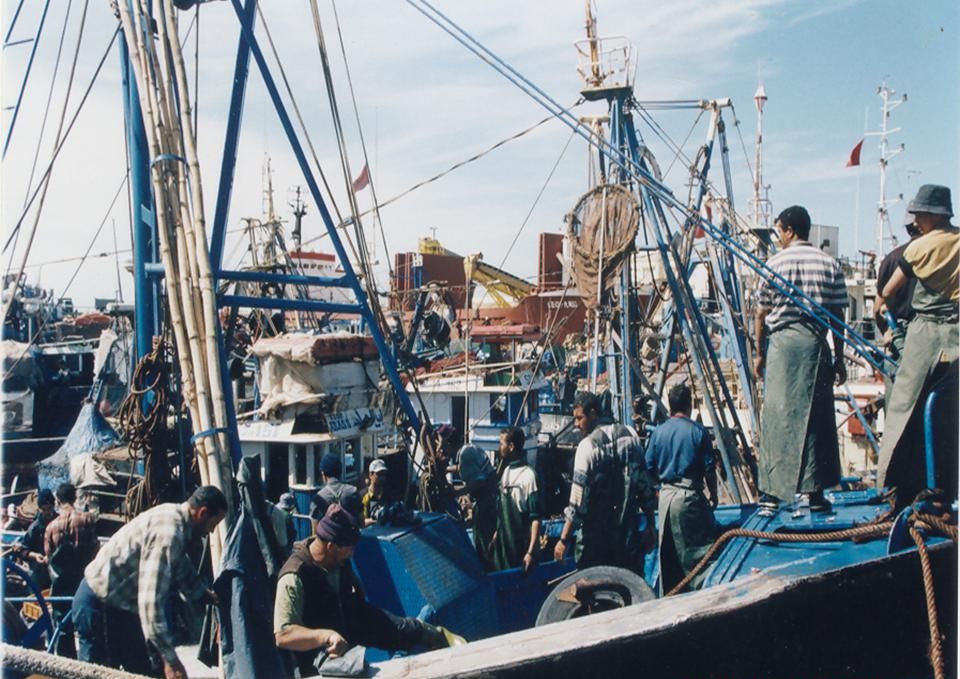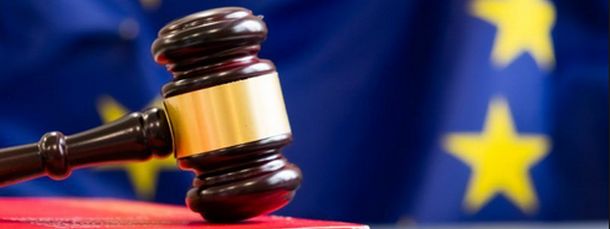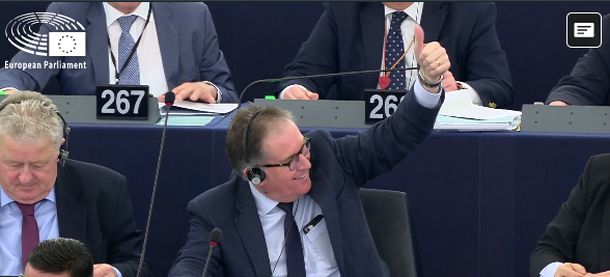
'Fish, pay and go'. These three words have long been used by green and anti-poverty activists to describe a raft of agreements, signed since 1979, under which European Union vessels scoop up as much fish as they can find from the waters of about 20 poor countries in the wider world. Little, if any, heed has been paid to the damage inflicted on marine ecology or to people living in coastal communities.
Brussels
Jan 15 2008
IPS
In theory, the criticism should become redundant this year as the last of such old-style fisheries agreements expire. To convey the impression that the deals replacing them will be more altruistic, the EU has named them fisheries 'partnership' agreements.
Joe Borg, the European commissioner for fisheries, has stated that the 600 European vessels benefiting from these new accords will only target stocks which poor countries themselves do not exploit. A large chunk of the compensation paid to the countries will be used to develop their national fisheries industries, he has promised.
But a veteran monitor of EU fisheries policy is unconvinced that the reforms will be anything more than cosmetic. "The problem with fisheries partnership agreements is that they are called 'partnership' agreements but they are still access agreements," said Béatrice Gorez from the Coalition for Fair Fisheries Agreements in Brussels. "If countries want money, they still have to give access to their waters. And not just access to any fish stocks -- but to those the EU is interested in, those of high commercial value."
A 'partnership' agreement with Mauritania, one of the world's poorest countries, has already encountered difficulties.
Since the deal's conclusion, 27 Spanish vessels fishing for octopus off Mauritania have decided to stop their activities because of reduced profitability.
Conservationists blame pressure from European boats as one of the main reasons for the decline in octopus fishing. While octopus accounted for one-tenth of the 80,000 tonnes of fish landed in Mauritania in 2004, its stocks have suffered considerably in recent times. The United Nations Environment Programme has estimated that the number of jobs sustained by octopus fishing in the north-west African state fell from 5,000 in 1996 to 1,800 in 2002.
Under its accord with the EU, Mauritania is to receive 86 million euros (128 million dollars) each year between 2006 and 2012. The European Commission has pointed out that this will be five times the sum it receives in development aid from the Union over the same period.
The EU's assertion that it is only focusing on 'surplus' stocks has been disputed, too. A study by the University of British Columbia in Canada has estimated that many fish stocks in West Africa have declined by 50 percent over the past 30 years.
"The European Commission usually says it is the responsibility of the local fisheries authority to establish if there is a surplus amount of fish," said Else Boonstra, from EU Coherence, a project that assesses if the Union's efforts to fight global poverty are contradicted by its economic policies. "But in many cases, these local authorities do not have the means to properly estimate if they have surpluses."
She also feels that the payments offered by the EU are inadequate. "The impact of the fisheries partnership agreements is that local fisheries communities have limited access or no access to their stocks," she added. "Their small vessels have to compete with European vessels that are more technologically advanced. That is not fair competition."
Duncan Copeland from the Environmental Justice Foundation in London said that the food security aspects of the fisheries agreements need to be assessed. "Fish is a key protein source," he added.
The UN Development Programme has suggested that over 1 billion people in 40 poor countries could lose their main source of protein unless the overexploitation of fish stocks is arrested.
From a legal standpoint, the most contentious of the EU's new fisheries agreements is with Morocco.
Some members of the European Parliament (MEPs) have contended that the four-year deal, which came into effect during 2007, breaches international law as it will allow Spanish, Portuguese and French boats to operate in Western Saharan waters.
Western Sahara has been occupied by Morocco since 1976. The territory, home to the indigenous Sahrawi people, is recognised as a non-self-governing territory by the UN, with Morocco considered its de facto administrator.
In 2006, the European Parliament's lawyers declared that the 36 million euros-a-year (54 million dollars) agreement would be legally defensible provided that revenues derived from fisheries enhance the welfare of the Sahrawi.
Yet some MEPs continue to take issue with that opinion. Austrian Socialist Karin Scheele said she believes the EU is involved in the "robbery of the natural resources of the Sahrawi population."
She refuses to accept assurances that the agreement will benefit the Sahrawi, underlining that restrictions on gaining entry to Western Sahara make it extremely difficult to assess that the money is being used for its intended purposes.
"Since 2005, we (MEPs) have been fighting to send an ad hoc delegation to the occupied territories (Western Sahara)," she said. "How can the Commission get the information it needs to ensure that the legal precondition for this agreement is being fulfilled?"
Here is the EU Council's legal advice on fishing in occupied waters
Hans Corell criticizes EU fisheries in Western Sahara
The former Legal Counsel to the UN Security Counsel, Mr. Hans Corell, comments on the EU's fisheries activities in Western Sahara.
EU Court reaffirms position on Western Sahara
Polisario has a case, but it should be pursued when the time is right, Court implies.
European Parliament disregards Court and adopts Morocco fish deal
Notwithstanding four consecutive rulings of the EU's highest Court calling such a practice illegal, the European Parliament has just now voted in favour of the EU-Morocco Fisheries Agreement that will be applied to the waters of occupied Western Sahara.


